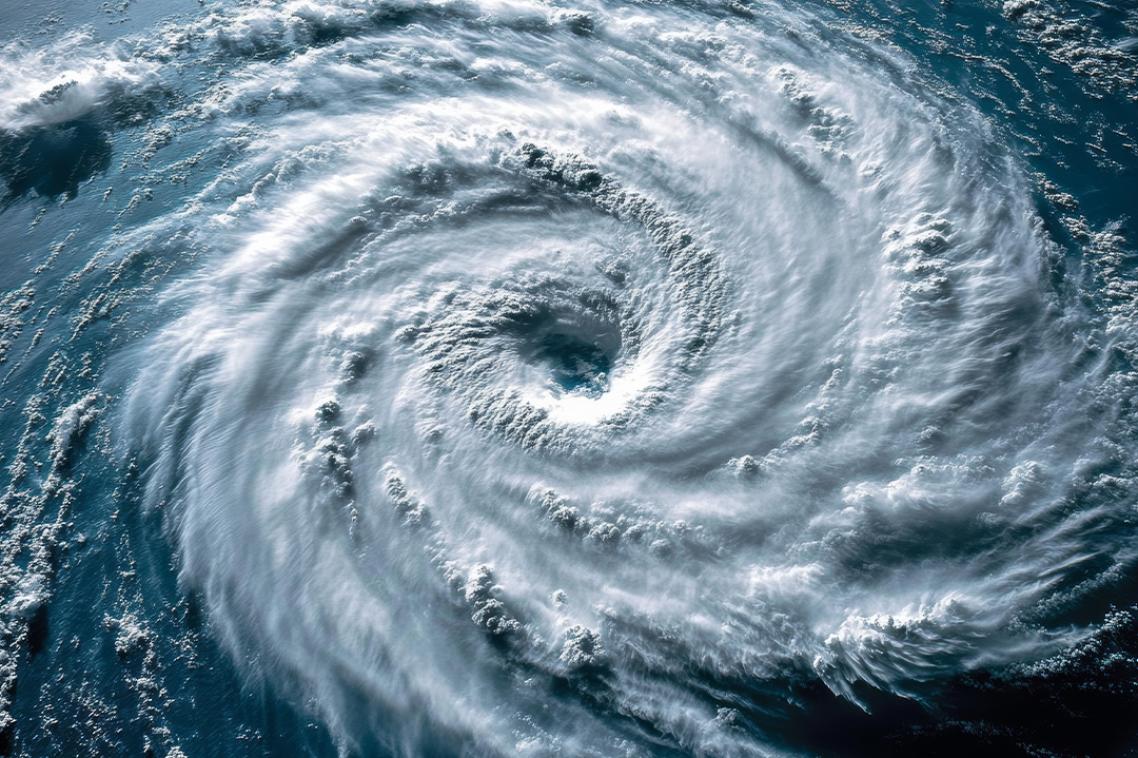How to Stay Safe When a Cyclone Hits: Step-by-Step Precautions Issued by NCRMP
It is very important to take certain precautions during a cyclone. By following these precautions, you can minimize your losses. Furthermore, in such a situation, the common man also needs to be vigilant. He needs to be prepared. He needs to take some precautions. In the event of a storm or cyclone, many guidelines are issued by the government, which need to be followed. In such a situation, we are trying to tell you what you should do and what you should not do at all during a storm or cyclone. The National Cyclone Risk Mitigation Project (NCRMP) has issued detailed guidelines for this.
What is a cyclone?
A strong storm of warm air around low atmospheric pressure is called a cyclone. In the Southern Hemisphere, these warm air masses are known as cyclones and move in a clockwise direction. In the Northern Hemisphere, these warm air masses are called hurricanes or typhoons. They move in a counterclockwise direction.
Before the Cyclone Season
- Inspect Your Home:
Check for loose tiles, stones, or doors. Repair any shaky windows or damaged structures immediately. - Trim Dangerous Trees:
Cut down dead or weak trees near your house that could fall during strong winds. - Secure Tin Sheets and Signboards:
Tighten or repair loose tin roofs, garbage bins, and signboards that can be blown away. - Protect Windows:
If your windows have glass panes, cover them with wooden planks for safety. - Prepare for Power Cuts:
Keep lanterns filled, batteries charged, and enough kerosene or candles ready. - Stock Up on Essentials:
Store non-perishable food, drinking water, and important medicines for at least 2–3 days. - Charge Electronic Devices:
Fully charge mobile phones and power banks in advance. - Avoid Weak Buildings:
Do not stay in dilapidated or low-lying houses during heavy rainfall or strong winds. - Move Items to Higher Ground:
Keep electrical appliances and important documents in a safe, elevated place to avoid water damage. - Follow Evacuation Orders:
If the administration advises you to vacate, do so immediately and move to a designated safe shelter.
During the Cyclone
- Stay Informed:
Listen to All India Radio or other official sources for weather updates. Avoid rumors. - Stay Indoors and Secure Your Home:
Close all windows tightly and reinforce outside doors. Stay in the strongest part of your house. - Avoid Coastal Areas:
Stay away from beaches, riversides, and low-lying areas prone to flooding. - Prepare Emergency Supplies:
Keep ready-to-eat food, drinking water, flashlights, and first-aid kits nearby. - Help Spread Warnings:
Inform neighbors about alerts and help them reach safer areas if needed. - Avoid Risks:
Do not attempt to go outside until authorities declare it safe. Remain calm and patient.
If You Are Evacuating
- Pack Essentials:
Carry medicines, baby food, important documents, and a few clothes in a waterproof bag. - Mark Safe Locations:
Identify safe shelters or cyclone relief centers in advance. - Follow Official Instructions:
Obey shelter managers and local authorities; do not return home until advised.
After the Cyclone
- Stay in Shelter Until Safe:
Do not leave the safe area until official clearance is given. - Avoid Electric Hazards:
Stay away from broken poles and hanging wires; report them immediately. - Prevent Disease:
Use clean water, maintain hygiene, and ensure proper sanitation to avoid infections. - Drive Carefully:
Roads may be slippery or blocked by debris; drive slowly and cautiously. - Clean Your Surroundings:
Clear fallen trees and debris from around your home only when it’s safe to do so. - Report Damage:
Inform local authorities about losses or hazards in your area for prompt assistance.
Remember: Staying informed, alert, and prepared can significantly reduce the risk to life and property during a cyclone. Always trust official advisories and act quickly when warnings are issued.
ALSO READ:





